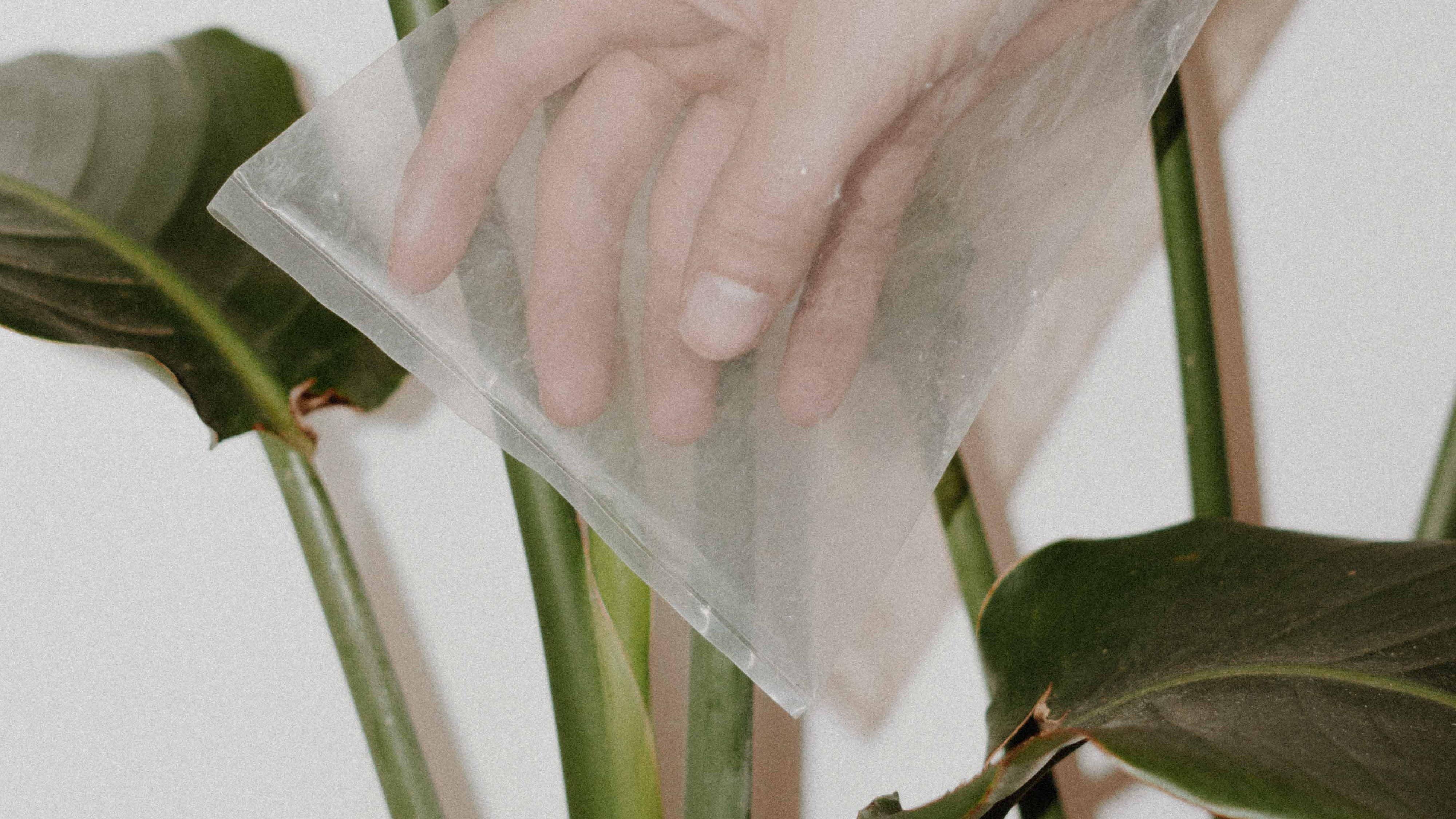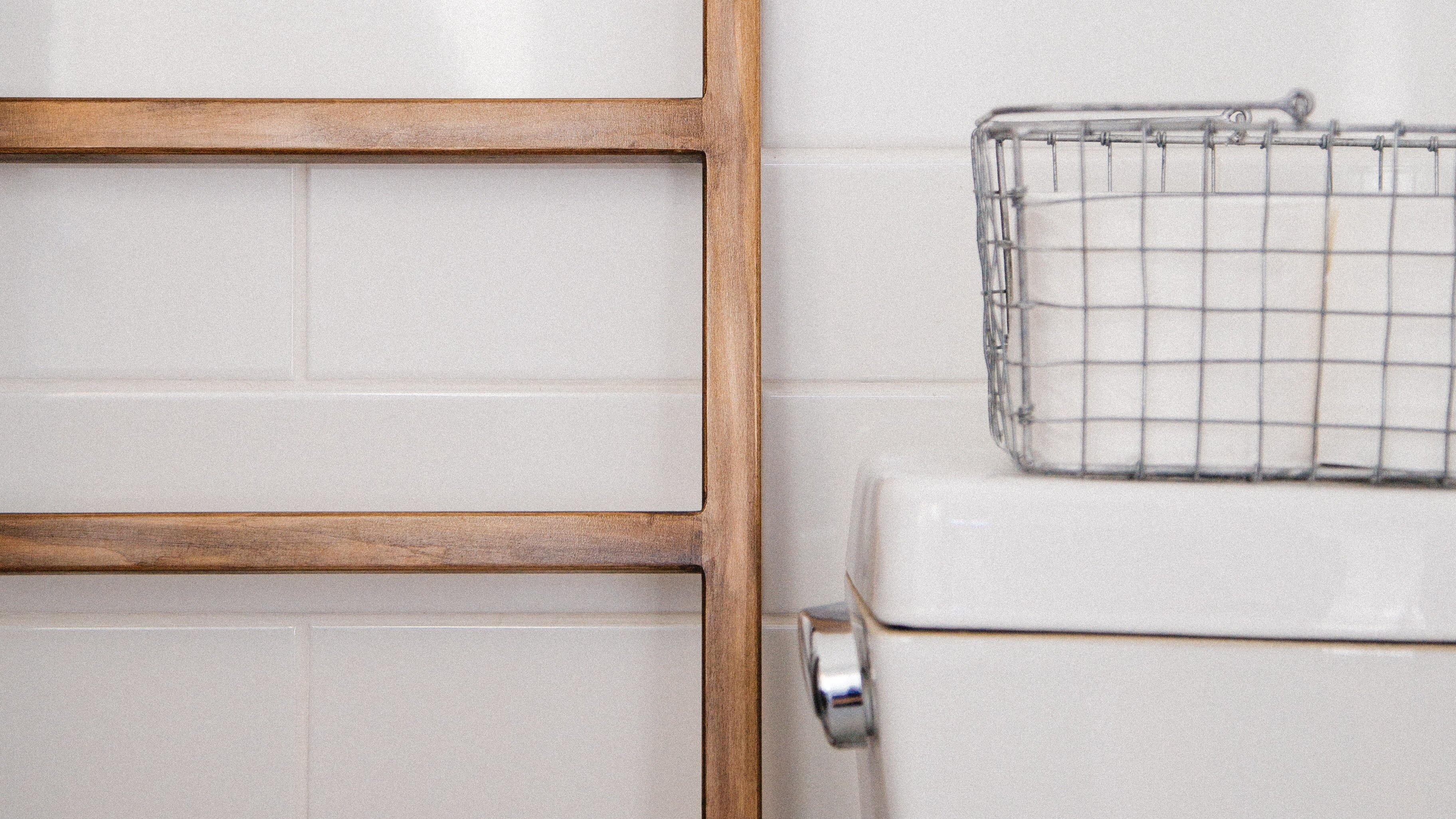
KNOW YOUR PLASTICS
As much as we try to avoid plastic in our house, I still believe there is a (small.. very small) place for it and that society needs to learn how to responsibly make, use and recover it in a way that is environmentally and health conscious.
In order for us as consumers to take responsibility for our part, we have to understand what types of plastics are out there, the effects they have on our health or the environment, what to avoid, and how/what to recycle or compost. Obviously, moving away from plastics and disposables entirely would be ideal, but bla bla, busy lives, inconvenience- we'd all have to live on homesteads.
Posts like this can seem very overwhelming. My goal with this is to inform you so you can make better choices, not to paralyze you.
There are 7 codes developed by the plastic industry to facilitate recycling. Most companies use this system of coding today but many consumers don't understand what the codes mean. I know I didn't. Most of the general public isn't educated on how to properly separate recycling which causes major contamination in recycling streams.
Only plastics 1 & 2 are easily recyclable in most cities and codes do not guarantee recyclability. In 2014, Americans discarded about 33.6 million tons of plastic, but only 9.5 percent of it was recycled and 15 percent was combusted to create electricity or heat.
Codes don't tell us what is safe or toxic, but serve as a guide. Plastic manufacturers are not required to inform you as to what chemicals have been added to the plastic polymer or what chemicals were used in the manufacturing process. Chemicals may vary from one company to another.

DO PLASTICS BREAK DOWN? WHAT ABOUT BIODEGRADABLE PLASTIC OR COMPOSTABLES?
Almost all plastic ever created still exists due to landfill conditions- even those that are touted as biodegradable. Most plastics take over 500-1000 years to break down.
Biodegradable plastics can break down faster, but they still break down to micro plastic compounds/chemicals when left in the natural environment.
Compostables made from plant based plastics, on the other hand, can only break down when properly composted in a facility. So if your local "environmentally friendly" juice bar is excited about their compostable cups, it means nothing if they're still going to a landfill.
Landfills are designed so that no sun, water or oxygen can get in that would otherwise help break down even the most biodegradable plastics (like compostables).
When some organic materials do start breaking down they mix with other chemicals and heavy metals in a landfill which creates leachate, causing major problems in surrounding soil and waterways. I spoke with a state employee recently who told me about all the problems our area is having trying to control leachate from escaping our rapidly growing landfills.
DO ALL PLASTICS CONTAIN BPA OR ITS SIBLINGS, BPS & BPF?
Surely you've heard of BPA, a known endocrine disrupter which mimics estrogen in the body. Studies have found this chemical in about 90-100% of all adult fatty tissue tested, and BPA is under scrutiny for potentially causing or contributing to heart disease, hormone disruption, cancer, and obesity.
Many plastics are made without the need for BPA or other similar chemicals, but that doesn't rule out their presence completely. According to the Department of Health many plastics like 1,2,4,5 are unlikely to carry BPA- but what about BPS, & BPF which are BPA's common replacement? Researchers have found that low doses of BPS in mice negatively affected lactation, nursing behavior and maternal care.
Plastic's 3 and 7 are the most likely to contain BPA, BPF or BPS. While 6 may not contain BPA or the others, styrofoam (plastic 6) has it's own set of chemical concerns, especially when exposed to hot food or liquid. More on BPA
BPA, BPS and phthalates are also found in aluminum can linings and receipts unless otherwise stated. Check out Eden Foods, one of the only canned food companies to use a completely natural and chemical free aluminum can lining. (link below)
Other chemicals of potential concern include alkylphenols, dioxins, flame retardants, vinyl chloride, and various forms of phthalates and adipates which have all raised major health concerns.
ALTERNATIVES FOR YOUR HEALTH
- Limit your consumption of canned food, (the plastic lining inside almost always contains BPA, BPS, and phthalates) particularly if you are pregnant. Eden Foods is one of the only canned food brands that is free from all of these.
- Buy food package free, buy local, grow your own, buy in bulk, paper, or containers made with plastics 2 and 5 (don't forget to recycle).
- Don’t use old baby bottles, cups, dishes and food containers marked with the letters “PC,” for polycarbonate, or recycling label #7, for food. (Not all #7 products are polycarbonate, but they may contain other toxic plastics.)
- Do not microwave food in plastic containers.
- Say no to receipts when possible and wash hands after handling.
- Never give a child a receipt to hold or play with.
- Avoid worn or plastic dishes and cookware.
- Choose reusable glass, stainless steel or bamboo over disposables.
- Avoid Solo cups and similar cups- they aren't recyclable and they are made of the same polystyrene as styrofoam.
TAKING CARE OF OUR ENVIRONMENT
- Avoid landfill waste and plastics, (especially plastics 3,4,6 and 7/polycarbonate) by gradually switching to a Zero Waste lifestyle.
- Switch to reusables and choose to buy quality over quantity.
- Recycle anything and everything! Most cities accept plastics 1,2 and 5 for recycling. Very few (if any) accept, 4,6 and 7. Plastic bags,# 4, can be recycled at many grocery stores.
- Buy to-go drinks in aluminum cans that are recyclable infinitely rather than plastics.
- Going to coffee shops or restaurants that use compostable plastics? Unless those cups are getting composted, they are still taking up space in a landfill. Ask companies if they compost, or start a compost bucket at home, or check in your region for composting services. We bring home compost all the time. Nashville, you can now drop off your compost/ food scraps at local facilities- for free! This will also help you move away from plastic trash bags.
I share all of this knowing that as long as we choose to be a part of society we cannot avoid plastics completely, and its alternatives are not always eco-friendly.
For example, if I bought yogurt, one of the only plastic packaged foods we buy in glass, (infinitely recyclable) as opposed to plastic, it could increase greenhouse emissions during that process by about 50 percent. Another example is it's use in planes and automobiles. We now use lighter plastic composites in place of metal in the building of aircraft and automobiles which results in significant fuel cost savings and easier assembly.
If plastics are relied on less and if they are sourced, manufactured, used, and recycled responsibly, they can actually help solve some of our environmental problems. Although, we should all be alarmed by the rate at which we are disposing of single use plastics and how dependent on them we are for the sake of convenience. This should give us pause to reflect and make changes, one step at a time.



Leave a comment
This site is protected by hCaptcha and the hCaptcha Privacy Policy and Terms of Service apply.